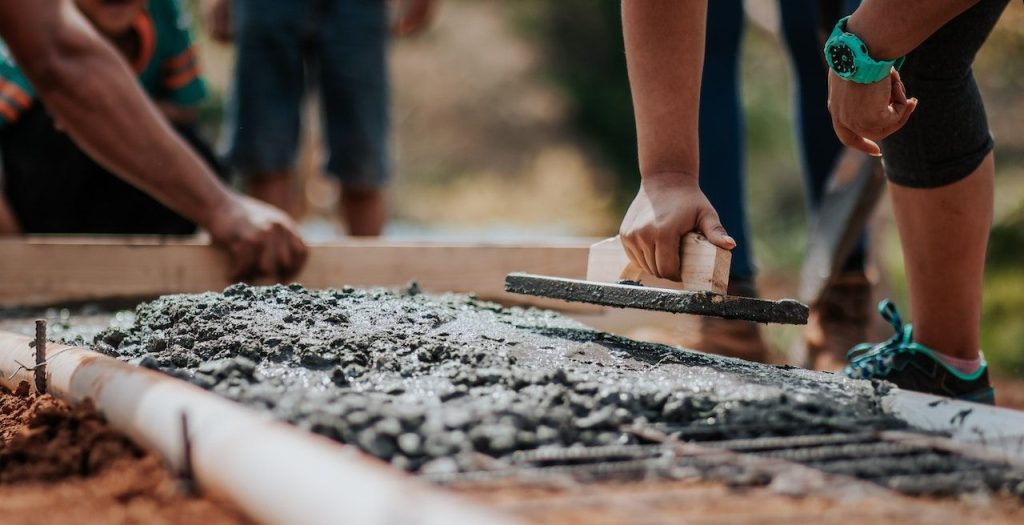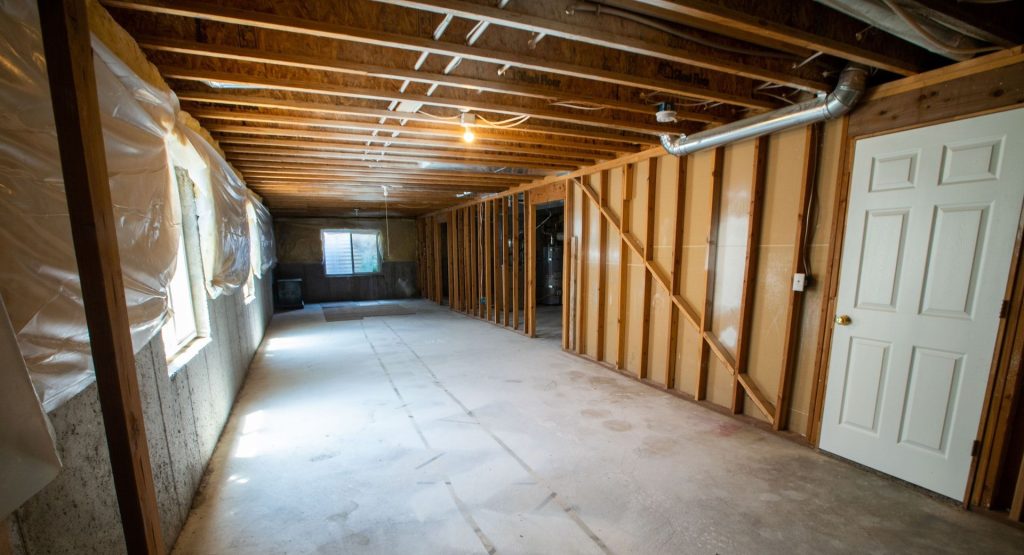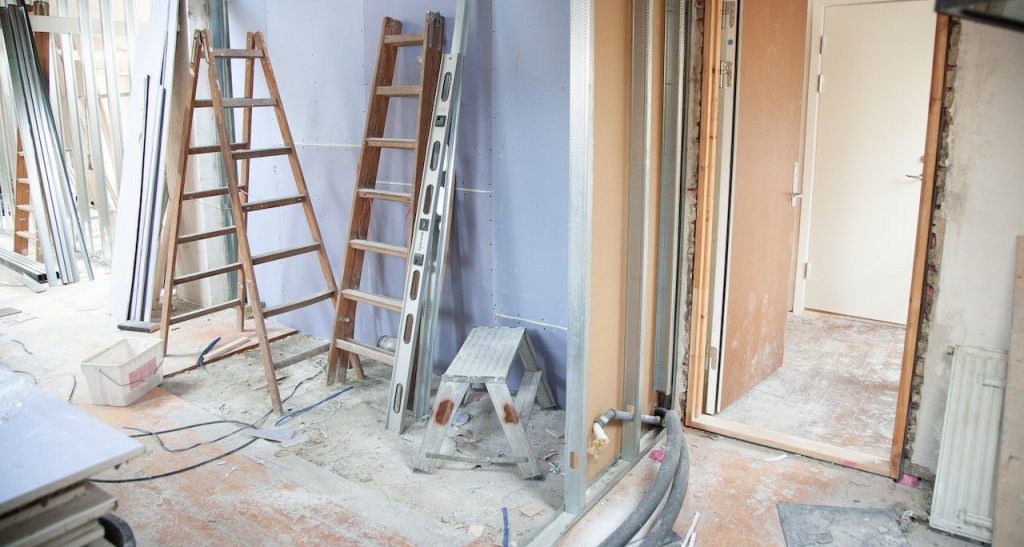You’ve undoubtedly heard the phrase “ you wouldn’t build a house without a solid foundation” uttered as a metaphor more than once. But it’s just as true in the literal sense. A foundation literally holds up your home and keeps it structurally sound.
So when it comes to home improvement or even building a house from scratch it would be ill-advised not to spend some time thinking about if you should fix it up, or how you should build it in the latter case. Today, we’ll be covering everything related to foundations so strap in and make a good decision for your forever home.
What is a foundation?

At the most basic level, a foundation is a structure that supports and elevates the structure built on top of it. But beyond just supporting the weight of the structure it also helps protect your home from severe weather, sinking, and water damage. Depending on the structure most homes today will have one of the three most common foundation types.
Most common types of home foundations
Crawl spaces
Crawl spaces are enclosed and not considered to be living areas. They are big enough to crawl in(hence the name), and usually elevate the house anywhere from 1 to 3 feet off the ground. They’re quite popular in more humid areas since they separate the house from the ground and in doing so protect it from water damage.
That being said, crawl spaces are usually made out of wood, and are therefore prone to mold. So, if you’re buying an older home make sure to get an inspector who can tell you if the house needs any foundation repair.
Basement foundation

Basements are a common feature of many homes, but they do so much more than just provide extra living space and a laundry room. Most basements are built of concrete and poured anywhere between 6 and 8 feet below ground. They are also a “hollow” foundation type, meaning their interior space is large enough for an adult to stand in.
Most modern houses have a basement foundation made out of poured concrete, but some older homes may have used concrete blocks or brick to produce the same effect.
Slab foundation
A slab foundation is again poured concrete. But, it’s not hollow. It’s usually a few inches thick and poured at the edges of the structure to prevent it from sinking. Steel rods are then inserted into the wet concrete to provide extra support.
Slab foundations are the cheapest and easiest to manufacture so many who choose to build their own home opt for them. It is worth noting that slab foundations can be a bad choice if you live in a place with extreme weather as they are not as deep or solid as basements.
Why foundations are the heart of the home?

Supporting the house
Holding the weight of your home and supporting it is no small task. A properly built foundation should take into account the weight of the house, the furniture, and the people in it. If everything is done right, the foundation will provide a solid base structure and keep a home safe from external damage, as well as give it a long life.
Regulation compliance

Most residential areas have strict regulations on building any kind of property and deviating from them could result in major fines and a hefty check for the repair team. Building a faulty or home-brewed foundation can therefore result in failing to meet the regulations of local authorities, and who wants that?
Before you start building a home, do some research on local property laws to ensure nothing goes awry, and everything is by-the-book.
Damage protection
A well-built foundation will ensure your house doesn’t take too much damage in case of a flood or other extreme weather conditions.
Steps to consider:
- waterproof the foundation before construction begins(this is a must)
- insulate it well to save on heating
- raise it above ground if at all possible
- think about having a sum pump in case of extreme flooding
Maintaining property value

We’re sure many will spare no expense when it comes to their dream home. But, these hefty costs are usually spent on the aesthetic of the home, and not its foundation. A solid foundation that won’t show cracks or signs of damage even for years to come will ensure you get a great selling price should you ever decide to part with it.
No insect infestations
A solid foundation will keep all insects and undesirable little critters at bay. If there are cracks in the foundation or it was built poorly there’s a strong chance they’ll be able to dig their way through and no longer be contained below ground. You want to avoid this at all costs.
Termites are a common problem for houses with wooden features, but if you manage to settle the house well and there are no cracks or damage within the foundation, you’ll keep them where they need to be – below ground.
Renovations

It really is simple. If your basement foundation isn’t sturdy or it’s damaged most home renovation projects can be difficult or more costly to complete. That’s just one of the reasons a foundation needs to be strong.
To withstand any further renovations planned throughout the years or even additions to the main structure. If that is not the case, you may be looking at an extremely costly renovation as you’ll now how to dig up the basement.
Wrapping up
Your house will not last long without a strong foundation. Whether it be water damage, mold, extreme weather, or the sheer effect of time, a weak base structure will hurt the home and in some cases render it unlivable.
Having read our list today, the case is clear; you cannot have a good home without a good foundation. So if you’re building or moving make sure you get an inspector and engineer to help you make the right decision.

